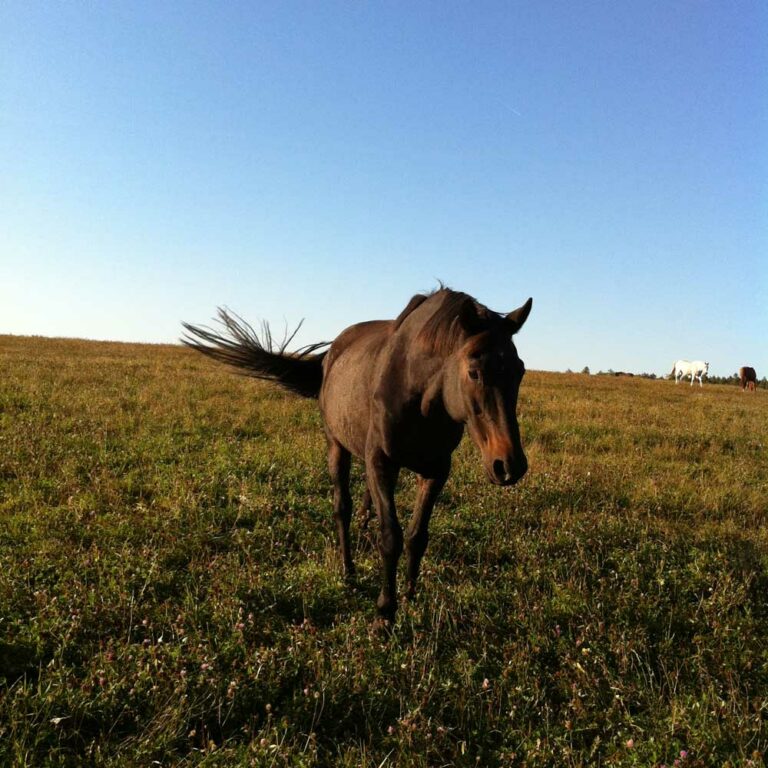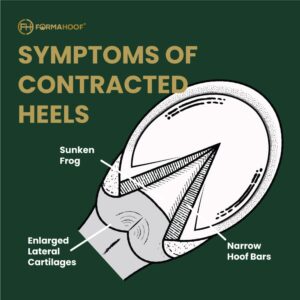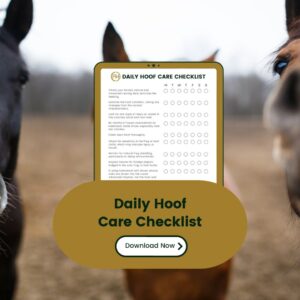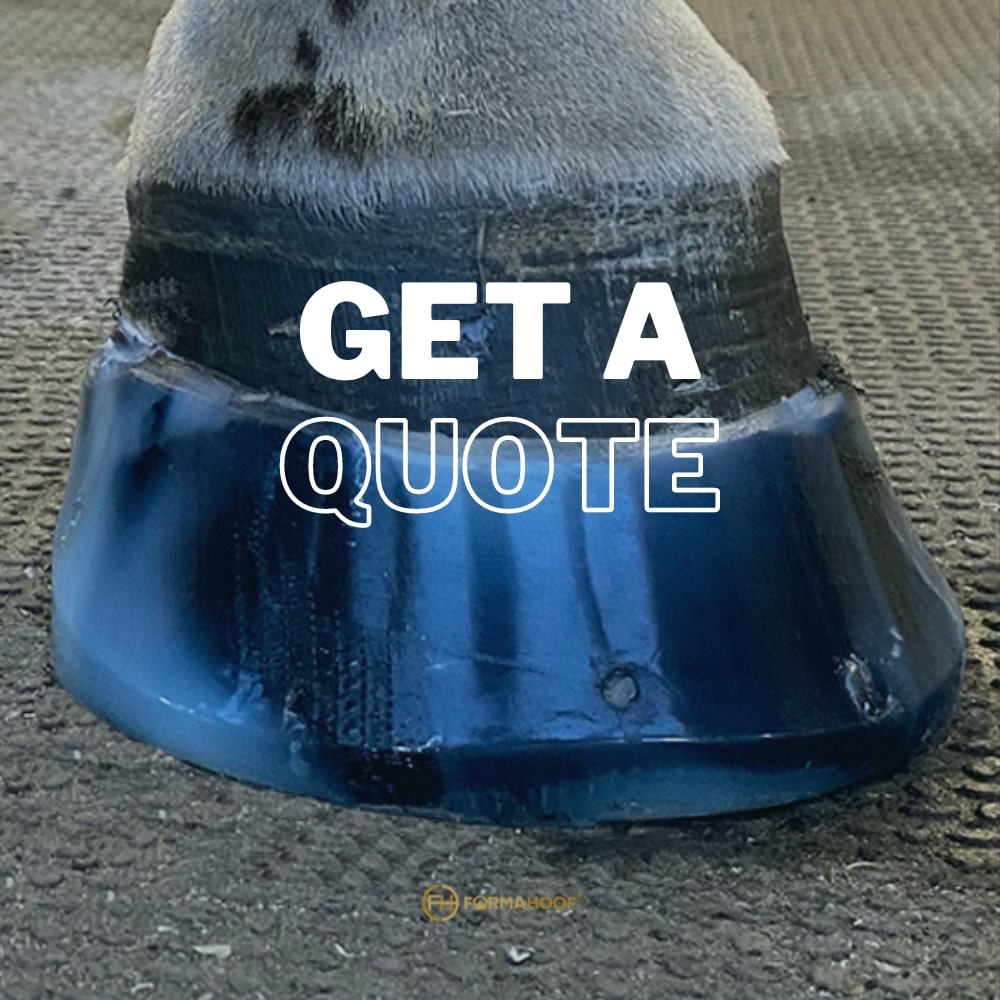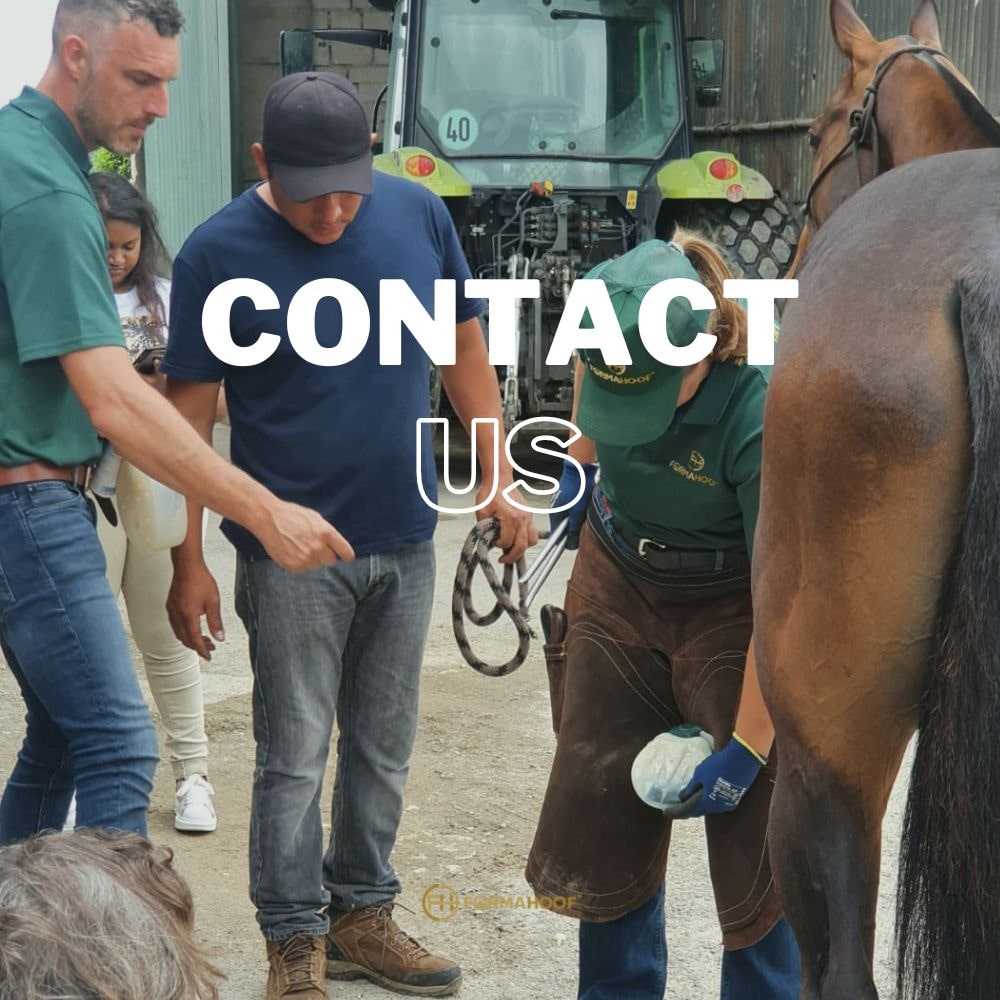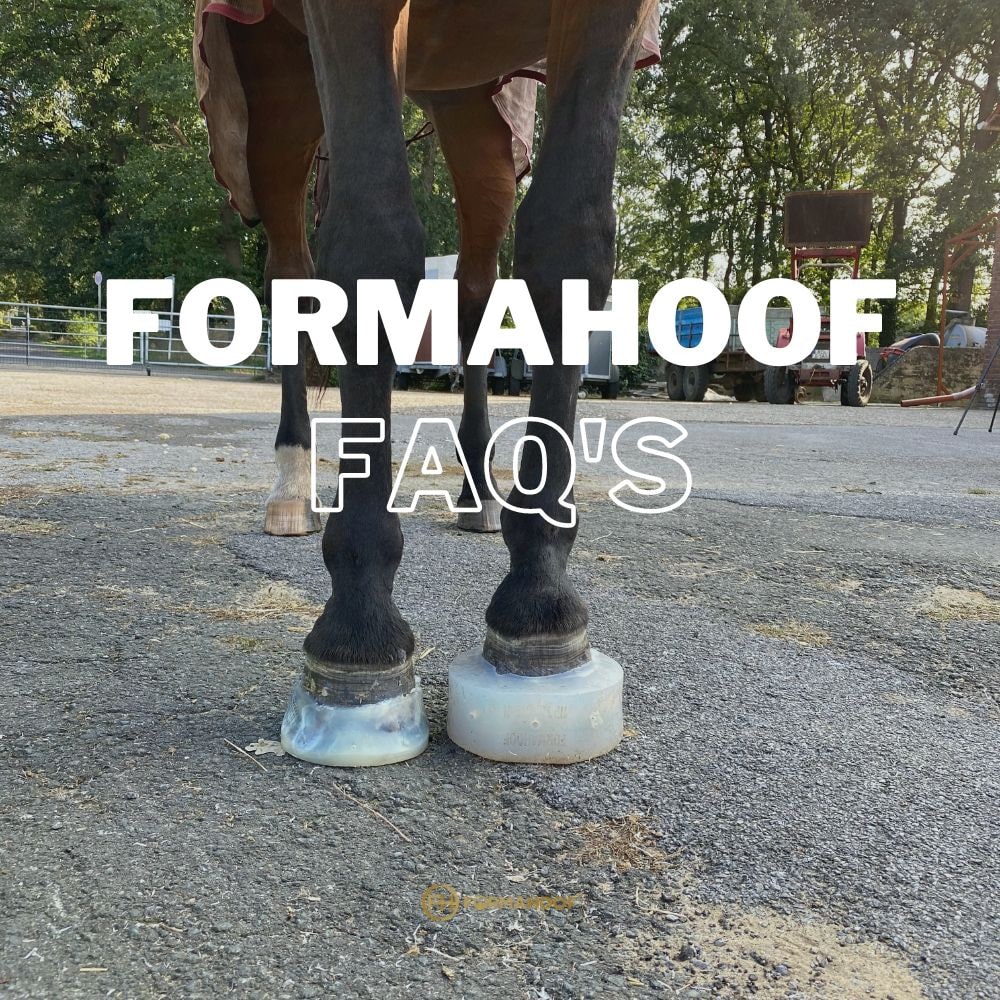Supporting a 4-legged friend in older age can be a challenging task, but it is doable and it’s our responsibility as horse owners to continue to care for them when they need it most. Whilst some horses have the luck in their genes and can simply retire in a field with basic hoof care and nutrition, others may need additional care to age gracefully.
Regardless of whether your horse has been your sporting or leisure partner, we all aim for a lifelong healthy and happy horse and this should also apply to the stage where you may not or only occasionally ride your retired friend. It’s important therefore to keep your eyes open for common health issues that may impact on aging horses.
How can I support my aging horse with nutrition?
MSc Lisa Elliott has many years of experience caring for senior horses and has used her nutritional education to go to extra mile for FormaHoof followers and sum up nutritional tips and tricks for owners of senior horses.
There is no exact threshold for when a horse is officially ‘old’, but if they are showing signs of age, such as a change in condition, then it may be time to consider a more tailored feeding regime.
Fibre and the Microbiome
Forage should always form the foundation of the diet as it supplies essential fibre. Fibre is broken down by billions of hindgut microbes, collectively known as the Hindgut Microbiome, and the better the quality of the forage the better it will be broken down, providing extra energy for work and condition.
Haylage, short chops, and highly digestible fibres such as unmolassed beet which are easily broken down are perfect for older horses who have dropped weight. Digestible fibres and short chops are also ideal for those who struggle with chewing forage such as hay.
A healthy microbiome is not only vital for fibre digestion but also supports immunity, which is important for older horses, particularly those with PPID or ‘Cushing’s. The hindgut microbiome thrives on varied fibre, so a variety of different fibre sources is ideal.
Certain microbes within the hindgut microbiome help support gut lining health and integrity, which is vital as horses age. Again, they can be promoted through a variety of forage, along with feeds such as unmolassed beet or linseed meal which contain highly digestible fibre to support these beneficial microbes.
Yeasts are proven to help promote beneficial microbes and improve fibre digestibility, so feeding a good supplement or balancer containing these will not only support the hindgut microbiome but help your veteran get the most out of their fibre for improved condition.
Oil
Oil contains three times more energy than cereals and is a useful calorie source for older horses prone to dropping weight. Linseed is an excellent source of oil and is also rich in anti-inflammatory Omega 3 fatty acids to help keep older joints healthy and supple. Linseed is also known to boost the immune system, which is great for veteran horses who may have decreased immunity.
Protein
Research has indicated that older horses can have a lower rate of muscle protein production and need improved quality protein for muscle maintenance and repair. Amino acids provide the building blocks for making good-quality protein. Linseed and soya have an excellent amino acid profile, so look for feeds containing these to help facilitate muscle protein production. A good supplement or balancer containing the essential amino acids such as lysine and methionine is also ideal.
Cereals
Insulin sensitivity decreases as horses get older, potentially resulting in metabolic problems with higher levels of cereals. However, working older horses can still benefit from controlled levels of cereal starch in their diet for additional energy. Cereals such as oats offer better digestibility, but to prevent metabolic conditions and digestive upset, feed should ideally contain less than 20% starch.
Water
Older horses are normally more prone to impaction colic and dehydration, so ensuring access to fresh, clean water will help to reduce this risk. Feeding daily salt to encourage drinking, alongside wet mashes, is ideal to help optimise water intake.
Vitamins and minerals
Micronutrients are essential to support the health of your older horse, including antioxidants such as vitamin E to help offset the effects of age and boost immunity. A good balancer, or recommended levels of a fortified compound feed is the best way to deliver your veteran’s micronutrient needs.
Alongside good nutrition, regular dental care is essential for older horses, and some may need dentist visits every 6 months. Additionally, Body Condition Scoring (BCS) and regular use of a weigh tape is beneficial to help monitor your veteran’s condition.
Hoof Care for the Golden Years: A Comprehensive Guide to Senior Horse Podiatry
With each canter, trot, and gallop, our equine friends bestow upon us a world of joy, companionship, and unparalleled loyalty. As the golden haze of years settles upon them, ensuring meticulous and empathetic hoof care is paramount to ensuring their comfort and well-being in the serenity of their retirement.
Addressing the Subtle Changes in Aging Hooves
Aging brings with it a subtle, often unnoticed change in the hoof dynamics of horses. Senior horses, although perhaps exhibiting slower hoof growth than their youthful counterparts, require meticulous and frequent trimming to mitigate the onset of hoof-related issues and to promote optimal health.
Proficient farriers, adept in senior equine care, not only provide essential trims but also adapt to the distinct needs of aging horses. Osteoarthritis, back issues, and general stiffness can make hoof maintenance a delicate task, necessitating a gentle approach and an attuned awareness to the creature’s comfort and response.
Navigating through Common Equine Ailments
Regrettably, aging horses often become susceptible to a spectrum of equine diseases, with Pituitary Pars Intermedia Dysfunction (PPID) and laminitis becoming notably prevalent. These conditions demand specialized attention, timely intervention, and a nuanced understanding of their management.
FormaHoof: A Compassionate Ally in Senior Hoof Care
In this tranquil phase of their lives, FormaHoof emerges as a gentle guardian, providing ceaseless, tender support that protects and nurtures. A harbinger of 24/7 protection, FormaHoof negates the need for daily foot pick-outs, safeguarding against common issues like rock bruises to the sole or frog.
With an alarming 15%-30% of horses aged 15 years and above being affected by laminitis, the vitality of a scientifically backed and compassionate hoof care solution becomes undeniably pertinent. FormaHoof, with its myriad benefits, brings to the fore:
- Drug-free alleviation of pain, respecting the biological processes of the aging body.
- A non-invasive, nail-free shoeing that prioritizes the integrity of the hoof.
- Consistent support to damaged hoof structures, enabling stability and ease.
- Enhanced weight distribution over the entirety of the foot, minimizing localized pressure points.
- Augmented blood circulation within the hoof, promoting healing and vitality.
- Prompt restoration of unhindered movement, enabling natural behaviors and contentment.
Wisdom from the Experienced: Farrier Insights
“FormaHoof becomes an essential companion in the journey of caring for senior horses, especially those grappling with age-related alterations and metabolic challenges impacting the hoof. Its straightforward, non-invasive application and often instant results – in terms of relief and comfort – make it an irreplaceable tool in senior equine care.”
A Dedication to Their Sunset Years
Our horses, having graced our lives with boundless generosity of spirit and unwavering companionship, deserve a retirement painted with comfort, empathy, and diligent care. Isn’t it our solemn duty to cradle them in the same boundless love they’ve bestowed upon us through the years?
Explore the myriad ways in which FormaHoof can usher in a new dawn of effective, supportive treatment for senior horses battling laminitis and other hoof ailments, or engage in a consultation with a FormaHoof Expert to embark on a journey of enlightened, compassionate care.

